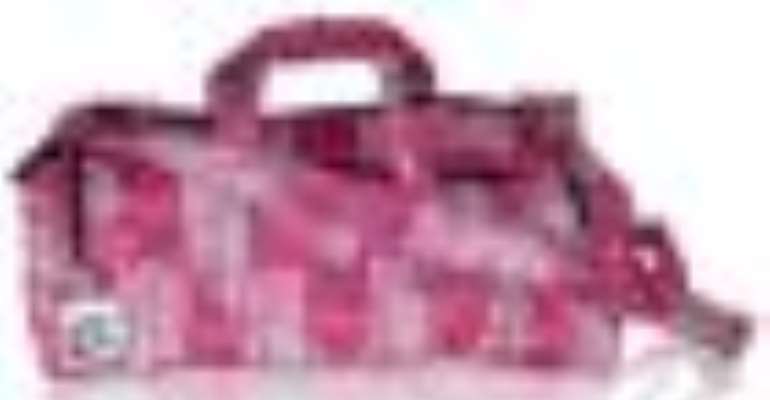SHOPPING IN GHANA

Almost all commodities, including luxury items, can be found in the shops and markets. Artefacts from the Ashanti region and northern Ghana can be bought along with attractive handmade gold and silver jewellery. Modern and old African art is also available (although prices are high), in particular, Ashanti stools and brass weights formerly used to measure gold. In all the northern markets, earthenware pots, leatherwork, locally woven shirts and Bolgatanga baskets woven from multi-coloured raffia are sold. Ghana is home to the traditional Kente cloth. Shopping day trips are organised by the Ghanaian Tourist board.
Shopping hours
Mon-Tue, Thurs-Fri 0800-1200 and 1400-1730, Wed-Sat 0800-1300.
Banking hours
Mon-Fri 0830-1500.
Currency
Cedi (GHC) = 100 pesewas. Notes are in denominations of GHC50,20, 10 and 1. Coins are in denominations of 50, 20, 10, 5 and 1 pesewas. The Cedi is pegged to the US$ at an adjustable rate.
Note: The Cedi is pegged to the US Dollar at an adjustable rate.
Currency exchange
The exchange rate system has been liberalized and foreign currency is freely available through authorised dealers including banks and foreign exchange bureaux. Cash is exchanged at a more preferential rate than traveller's cheques.
Credit & debit cards
Credit cards (mainly American Express, Dinners Club and Visa) are accepted by leading hotels, restaurants, banks, businesses and some shops. Check with your credit or debit card company for details of merchant acceptability and other services which may be available. Some banks may give cash advances against leading cards. However, those using credit cards should be aware that credit card fraud is common. In large urban areas such as Accra and Kumasi ATMs are commonplace.
Traveller's cheques
To avoid additional exchange rate charges, travellers are advised to take traveller's cheques in US Dollars or Pounds Sterling. Traveller's cheques can be exchanged in large hotels, banks and foreign exchange bureaux.
Currency restrictions
The import of local currency is limited to amounts which have previously been permitted to be taken out of the country and this must be noted in the passport/travel documents; it must also be declared. Unused local currency can be re-exchanged on proof of authorized exchange, and visitors are advised to retain all currency exchange receipts. The export of local currency is limited to GHC5000. The import of foreign currency is unlimited, subject to declaration (on exchange control form T5 which must be retained to record transactions). The export of foreign currency is limited to US$5000.
